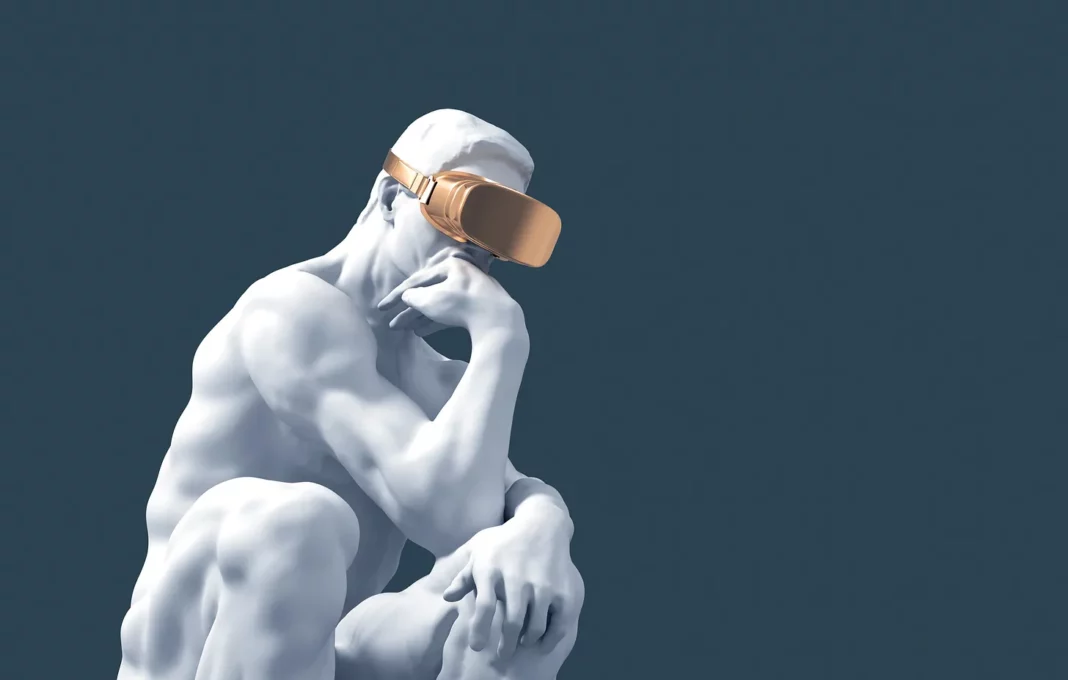“Ow… Ow… That hurts soooo much… Ow…” My patient was literally howling in pain. It was the middle of the night and I was the intern assigned to draw her blood for a procedure in the morning. The thing was, I hadn’t even poked her yet. Admittedly, I was a terrible phlebotomist but she didn’t know that. For her, the prediction of pain had created the experience of pain.
Increasing evidence shows how expectations shape reality:
If you expect a lecture to be boring, you’ll probably end up being bored.
Anticipating election stress in the future is enough to put you in a bad mood today.
Believing stress is bad for you makes it more likely to damage your health.
Our brains are prediction machines, constantly simulating future scenarios. What we expect to see determines what we pay attention to. The brain fills in gaps and deletes details that don’t adhere to our expectations. This is especially true in ambiguous situations where we filter information according to our underlying beliefs.
The expectation effect in action.
Where is the toothbrush in this messy bathroom?
University of California, Santa Barbara
Most people spot the small one but miss the larger one behind it. What you expect to see literally determines what you see.
What you hear is determined by what you expect to hear.
There are countless examples demonstrating how assumptions shift the way we process information. Expectations change behavior and even physiology. A recent study found that assumptions about how full one would be after a meal impacted hunger and subsequent food consumption. On two different occasions, participants were served an omelette for breakfast. The first time, they were told it was a two egg omelette. The second time they were told it was a four egg omelette. The reality is that on both occasions it was a three egg omelette. When people thought they had eaten the smaller breakfast—the two egg omelette—they were more likely to report feeling hungry again after two hours compared to when they had eaten the bigger breakfast. They were also more likely to eat more for lunch and snack more throughout the day.
Expectations can lead us astray.
This is especially true when it comes to stress and mental health. Most research has focused on the implications of stressors that have already occurred, but what about the toll of anticipatory stress. Can anticipatory coping help us manage anticipatory stress?
Researchers Greg Feldman and Adele Hayes described four types of behaviors people turn to to deal with predicted upcoming stressors:
- Problem Analysis: Actively contemplating the causes and meaning of the future stressor.
- Plan Rehearsal: Envisioning the steps required to solve the anticipated stressor.
- Stagnant Deliberation: Dwelling on the upcoming stressor but not finding any solutions.
- Outcome Fantasy: Daydreaming and fantasizing about desired outcomes.
Not surprisingly, Stagnant Deliberation and Outcome Fantasy were considered to be the least helpful responses to anticipated stressors. Problem Analysis and Plan Rehearsal helped people feel confident in their ability to cope.
Psychiatry has traditionally focused on the past, but what if our mental health depends more on how we think about the future?
In Tomorrowmind, psychologist Martin Seligman asks this question and explores how prospection—the ability to consider the future—impacts health. He argues that distorted and overly pessimistic thinking about the future drives depression and likely contributes to helplessness and other mental disorders.
As I thought about healthy prospection and how expectations shape reality, I couldn’t help but think about how the current conversation about mental health may be inadvertently making things worse. Is it possible that mental awareness efforts may be backfiring? As Oxford psychologist Dr. Lucy Foulkes recently wrote about in an op-ed in StatNews:
Campaigns and social media posts just churn out the message that there’s this problematic thing called anxiety, and so people start interpreting all the lower-level stuff as symptomatic of a disorder. That’s unhelpful in itself — some people find it scary and stigmatizing to believe they might have a mental disorder. But I think it might be worse than that: interpreting common difficult emotions (like anxiety) might actually bring on these symptoms, in a self-fulfilling manner.
If a person believes their anxiety is the sign of a disorder, this can lead to changes in their self-concept — they will say to themselves and others “I am an anxious person” or “I have anxiety.” They might also start to change their behavior. In particular, they might start avoiding the things that make them anxious, and the people around them support this. But in the long run, avoidance prolongs and exacerbates anxiety symptoms. In other words, the changes in self-concept and behavior could actually generate anxiety in a way that becomes self-fulfilling.
While awareness efforts have enabled some individuals to recognize and report previously under-reported mental health problems, her research suggests it has also led to over-interpreting and over-pathologizing common psychological experiences. Expecting difficulties to damage mental health may ultimately be exacerbating symptoms and distress.
“There were many terrible things in my life and most of them never happened.” — Michel de Montaigne
I wish you all the best,
Dr. Samantha Boardman







